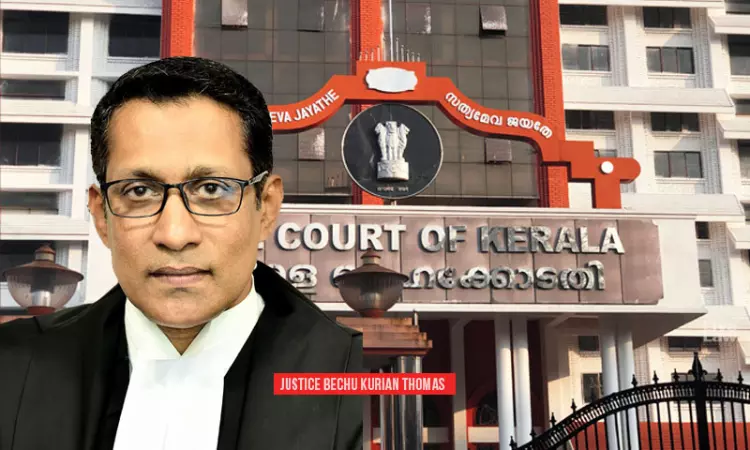Kerala High Court Invokes Parens Patriae Jurisdiction To Select Name Of Child Born To Warring Parents
Navya Benny
30 Sept 2023 11:45 AM IST

Next Story
30 Sept 2023 11:45 AM IST
In an interesting development, the Kerala High Court invoked its parens patriae jurisdiction to select the name of a child, caught in a dispute between her estranged parents with respect to what her name should be.Justice Bechu Kurian Thomas reasoned that attempting to resolve the dispute between the parents will cause inevitable delay and in the meanwhile, the absence of a name would not...
